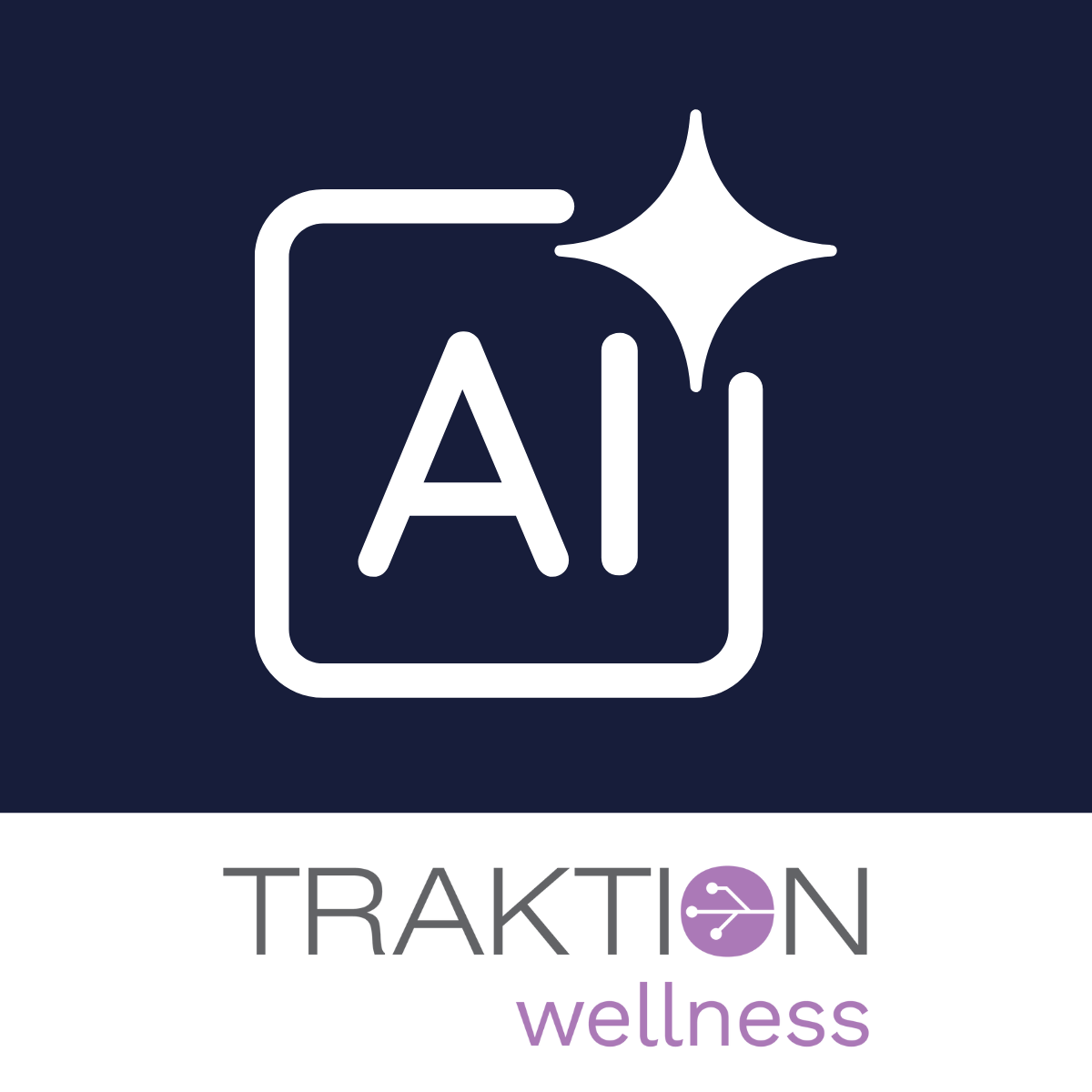Can GenAI Save U.S. Healthcare?
By Jon Eggleton, Co-Managing Partner
Like anyone looking to understand where the AI revolution is headed, we’ve been increasingly spending our time at Traktion beyond just using its tools to really make sense of it at a macro level. I recently read ChatGPT and the Future of AI, a fantastic book written by Terrence Sejnowski, a noted computational neuroscientist (who knew that was a thing?) who has studied neural networks and their relationship with technology for years. With so much hype surrounding GenAI, Sejnowski’s book offers a combination history lesson with instructional guidance, helping to decipher where it’s going based on how it got here in the first place. Without a doubt, AI will disrupt the healthcare space as it will all levers of society. And while there’s obvious trepidation behind that, there’s many more reasons to be excited by it, particularly in an industry that feels so universally broken in many ways today.
But what if AI is just part of the solution, even if that “part” may be transformative? In healthcare specifically, one could argue its biggest problem is being locked in a constant push-pull, where every opportunity and challenge has a counterweight pulling it further to the ground.
Clinician shortages —> Never-ending documentation and paperwork
Medical science advancements —> Difficulty in organizing/accessing health data
Aging and sicker populations needing care —> Rapidly rising costs, underinsurance
So, does this mean we’re cooked? Doomed to watch a behemoth system continue to struggle under its own weight? I sure hope not. But let’s look at these push-pulls individually.
Clinician shortages are exacerbated by a system that continues to require them to be documentation engines. Know anyone who got into the field of medicine for the data entry aspect? Neither do we. Clearly, these administrative tasks are something AI can easily replace, in fact, it’s arguably one of the core things it was created to do. But as our legislative leaders have learned over time, patient privacy and HIPAA laws will need to be modernized along with our systems to fully free clinicians to spend more time with patients. We’ve seen glimpses of this already with virtual health, and certainly EHRs that have digitized at least a majority of pre-appointment paperwork. We’re getting there.
We are also living in a time of significant improvements in the science of medicine, which when wielded properly should result in better care outcomes and a population living longer. This is particularly evident in fields such as cancer research, where developments like genomic sequencing are allowing treatment plans to be more targeted to the needs of a specific case. But how do we make treatment outcomes available to all doctors and patients, through a global system that leverages the collective data of patients around the world? Yes, AI can absolutely facilitate that, too. But to fully realize the game-changing benefits of sharing this data universally (while still protecting patient privacy, of course) will require collaboration networks that can make managing rare diseases feel far less isolating than it does now.
The last push-pull might be the most difficult to solve, in part because it’s one that technology can’t easily move on its own. Exacerbated by chronic disease, as well as ‘diseases of despair’ that include addiction and mental health-driven problems have lowered recent life expectancy to below 2014 levels. And a growing, disproportionate number of Americans 65 and older are set to continue putting a greater strain on the system. All of this is happening while costs continue to rise rapidly, causing many to make care decisions based on their bank accounts, not doctors. Perhaps improvements in care efficiency will lower those costs over time. And as value-based or subscription models become more prevalent, that could also positively impact outcomes. But this is where creativity and outside-the-box thinking will be most needed, to go beyond technology-led solutions.
No matter the challenges, we remain hopeful that healthcare is poised to address its many issues, developing a better model for all. And at Traktion, we remain focused on helping our clients create more streamlined systems for acquiring and managing patients, so they can serve all those who need care profitably, while letting clinicians focus on what they do best. Our collective health depends on their success.

